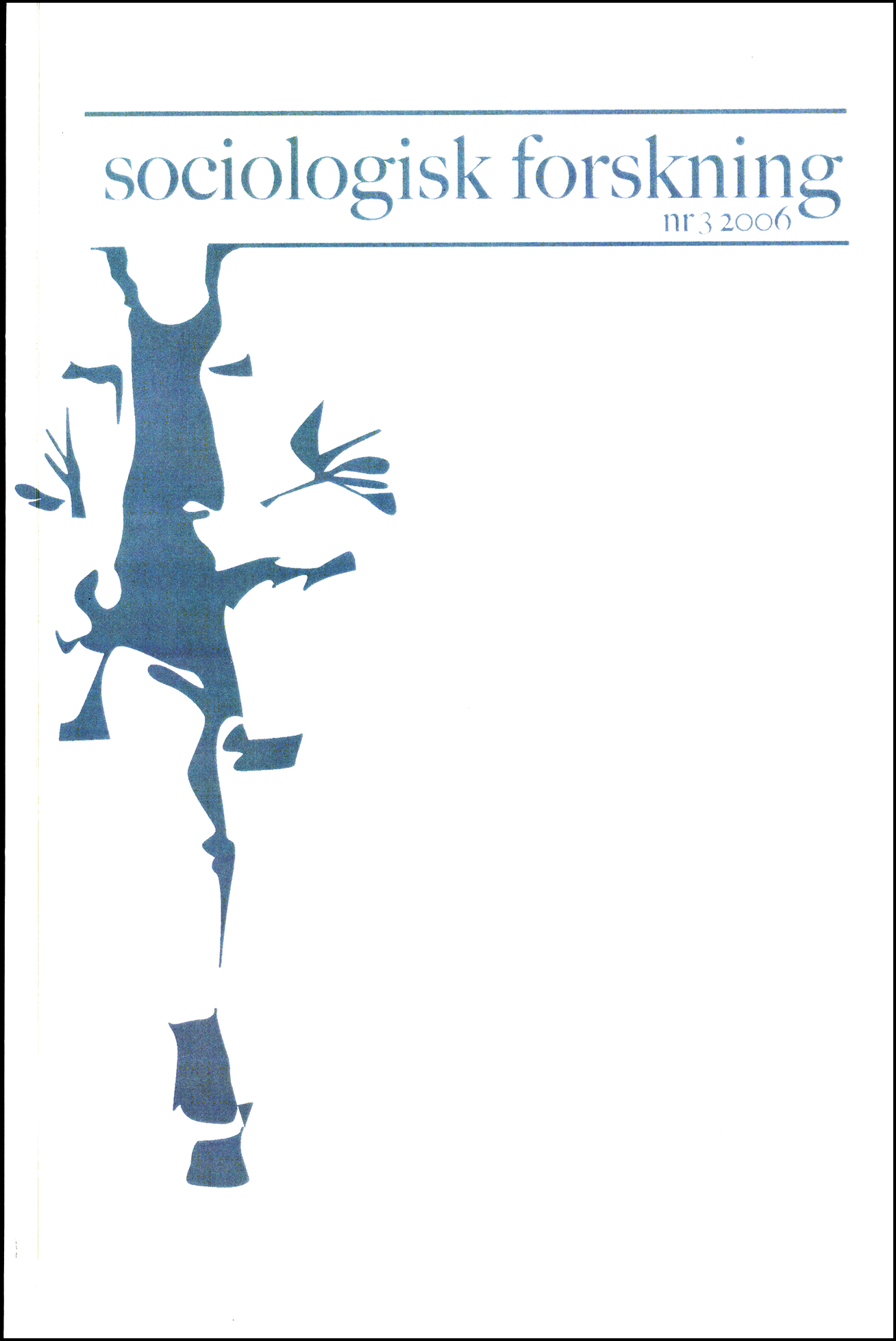Varför bildas nya partier?
DOI:
https://doi.org/10.37062/sf.43.19310Keywords:
new parties, party-emergence, collective action, emotions and rationalityAbstract
Why do people engage in high-cost political activities such as forming new political parties? Start-up costs are high. Moreover, rewards are unclear and uncertain. Since political parties are collective goods, people demanding new political parties face a collective action problem. It is therefore somewhat puzzling that new parties emerge. Drawing on theories from economics, sociology and political science, I argue that we, in order to understand the emergence of new parties, need to analytically move in on party-entrepreneurs to elucidate what motivates them. Methodologically inspired by the debate on bridging the gap between deductive and inductive strategies, I process-trace and compare three cases. The case studies identify individual level-mechanisms producing the decision toform a new party. People that voice demands within established parties, and face outright rejection, have experienced bad treatment from established politicians. These experiences contribute to disappointment, anger, and a sense of indignation - i.e. “intense emotions”- that mobilize entrepreneurs. Intense emotions create a lust for revenge, which becomes a psychological selective incentive, and is important for understanding why people engage themselves in high-cost political activities.
Downloads
Published
How to Cite
Issue
Section
License
All content in Sociologisk Forskning is published with immediate open access, under the Creative Commons license CC BY-NC-ND 4.0.
All content may be read, downloaded, shared and printed for non-commercial purposes, free and without fees. Contents may not be altered. When content is reused, author, source and a link to the copyright licence must be provided. The author retains copyright to their content. No publication fees are charged.





